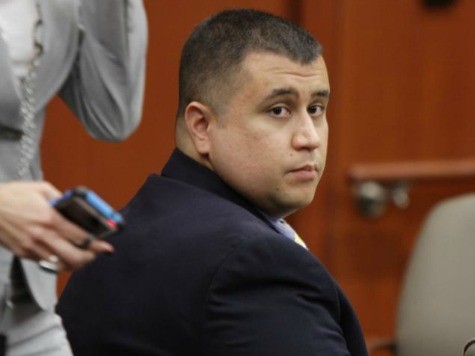How many Americans remember learning about the Boston Massacre when they were schoolchildren? I wonder: does anyone truly understand why we are required to learn about incidents like this in our school’s curriculum?
In the aftermath of the Boston Massacre, John Adams agreed to represent the British soldiers who were forced to defend themselves against an unruly mob. That was not a popular position to take; yet John Adams was not one who would concern himself with such things. He took on the challenge because of his understanding of and respect for the law.
Below is an excerpt from John Adams’ speech at the Boston Massacre Trial:
Facts are stubborn things; and whatever may be our wishes, our inclinations, or the dictates of our passions, they cannot alter the state of facts and evidence: nor is the law less stable than the fact; if an assault was made to endanger their lives, the law is clear, they had a right to kill in their own defence; if it was not so severe as to endanger their lives, yet if they were assaulted at all, struck and abused by blows of any sort, by snow-balls, oyster-shells, cinders, clubs, or sticks of any kind; this was a provocation, for which the law reduces the offence of killing, down to manslaughter, in consideration of those passions in our nature, which cannot be eradicated.
As explained in John Adams and the Massachusetts Constitution, Adams contended:
Because the evidence was unclear as to which soldiers had fired, it was better for the jury to acquit all eight defendants than mistakenly to convict one innocent man. “The reason is, because it’s of more importance to community, that innocence should be protected, than it is, that guilt should be punished.” He believed that the soldiers had a right to a fair trial.
John Adams won the acquittal of six British soldiers and two defendants received convictions for the lesser charge of manslaughter, for their role in the deaths of five colonists.
Few people understand the legal origins from which our rule of law is derived, beginning with the Magna Carta, which established the principle that no one, including the king or a lawmaker, is above the law. Nor are people cognizant of the subsequent history and philosophy influencing the framers of the U.S. and many state constitutions.
Sadly, this lack of understanding is what allows so many people to disregard system a system of justice intended to be impartial and to afford each citizen equal protection under the law. It is this disregard which propels mobs to demand social justice and influences politicians to entertain the passion of the people. The founders and framers were afraid of mob rule. They understood that emotion impairs judgment. As John Adams so eloquently explained during the trial:
The law, in all vicissitudes of government, fluctuations of the passions, or flights of enthusiasm, will preserve a steady undeviating course; it will not bend to the uncertain wishes, imaginations, and wanton tempers of men.
Whether or not “Stand Your Ground” laws should be repealed is up to the legislating bodies in charge of implementing and repealing legislation in their consecutive states. Perhaps Stand Your Ground violates a historic perspective on manslaughter, perhaps not. But historical precedent does constrain our ruling bodies from double jeopardy, or from holding a person accountable for violating a law which did not exist at the time it was broken.
The study of our state and U.S. constitutions does not receive nearly enough attention in our nation’s schools. While reading, writing, and arithmetic are critical to an educated citizenry, understanding how our rule of law is designed to limit government and maximize freedom is critical to the liberties for which our forebears fought so hard.
To allow a witch-hunt of recently acquitted George Zimmerman in order to prosecute him a second time for his role in Trayvon Martin’s death would be a travesty and antithetical to our system of justice.
We live in a constitutional Republic. The founders and framers understood that we needed written law under which everyone is treated equally. They also recognized that a representative government in which there was a people’s house and a senate, as well as a judiciary that practiced good behavior, would constrain the passions of the mob and allow those holding office to impassively legislate, enforce, or adjudicate. Allowing the media and special interest groups to demand the government take additional legal action against George Zimmerman establishes very dangerous precedent.
The people and their representatives need to rethink this course of action before we irrevocably damage the rule of law under which we are afforded our equal protection and under which our rights are guaranteed.

COMMENTS
Please let us know if you're having issues with commenting.